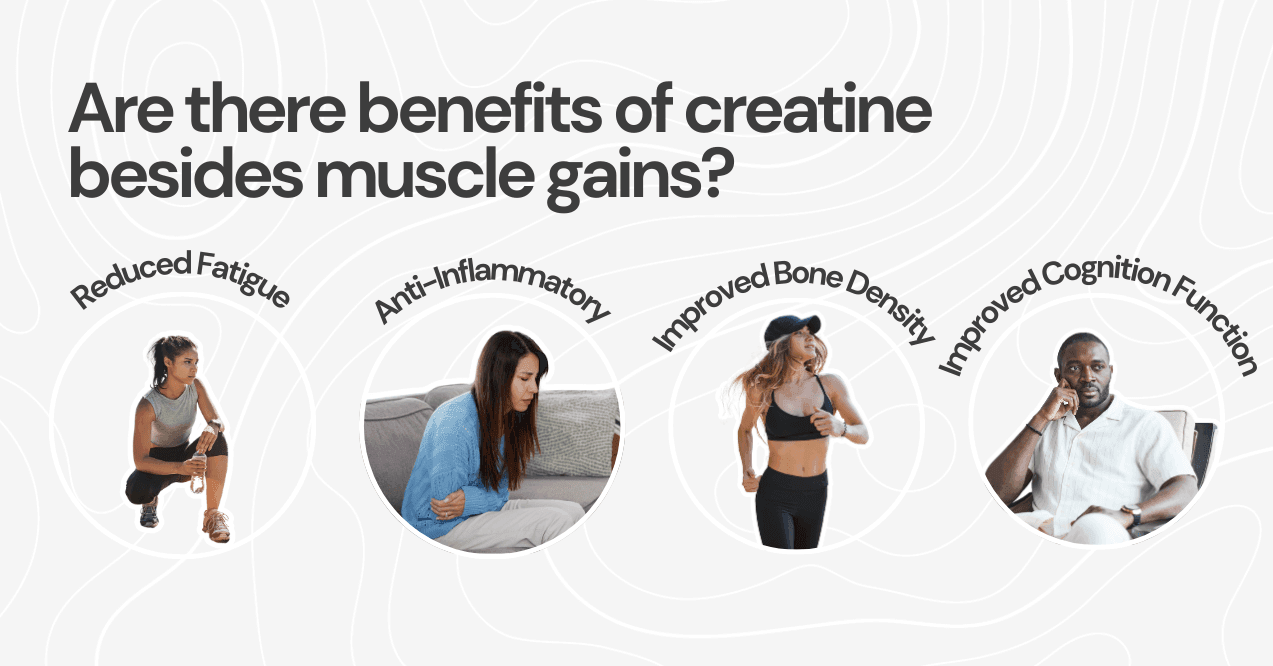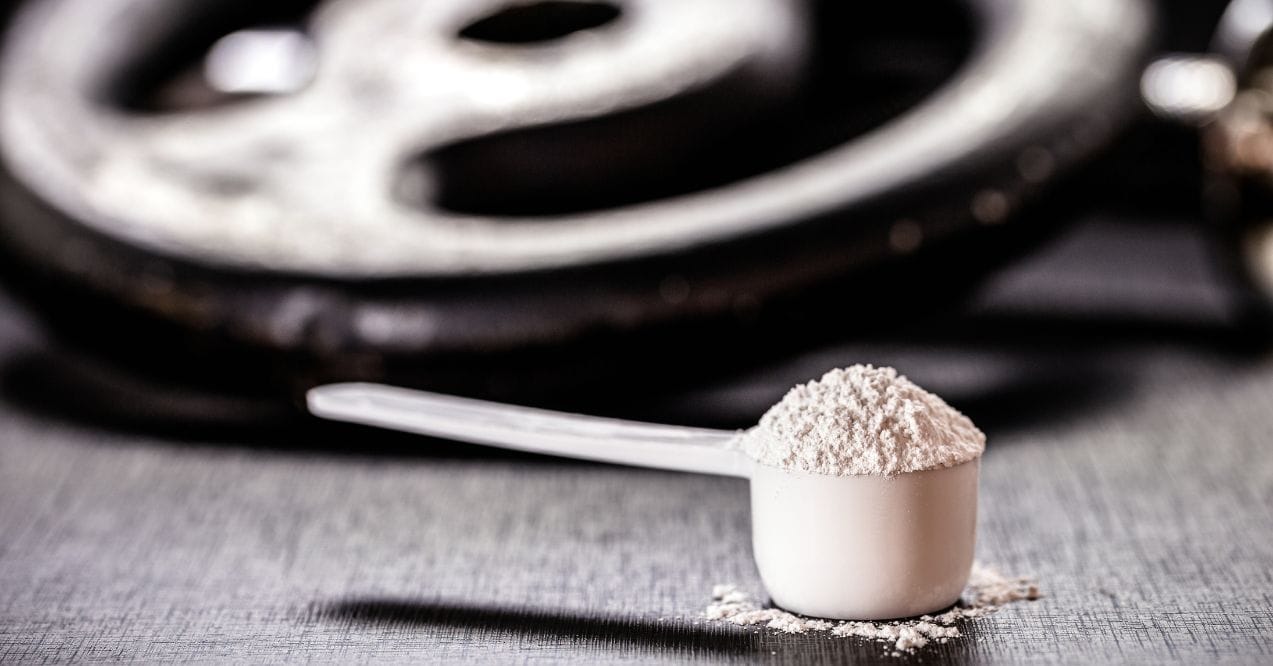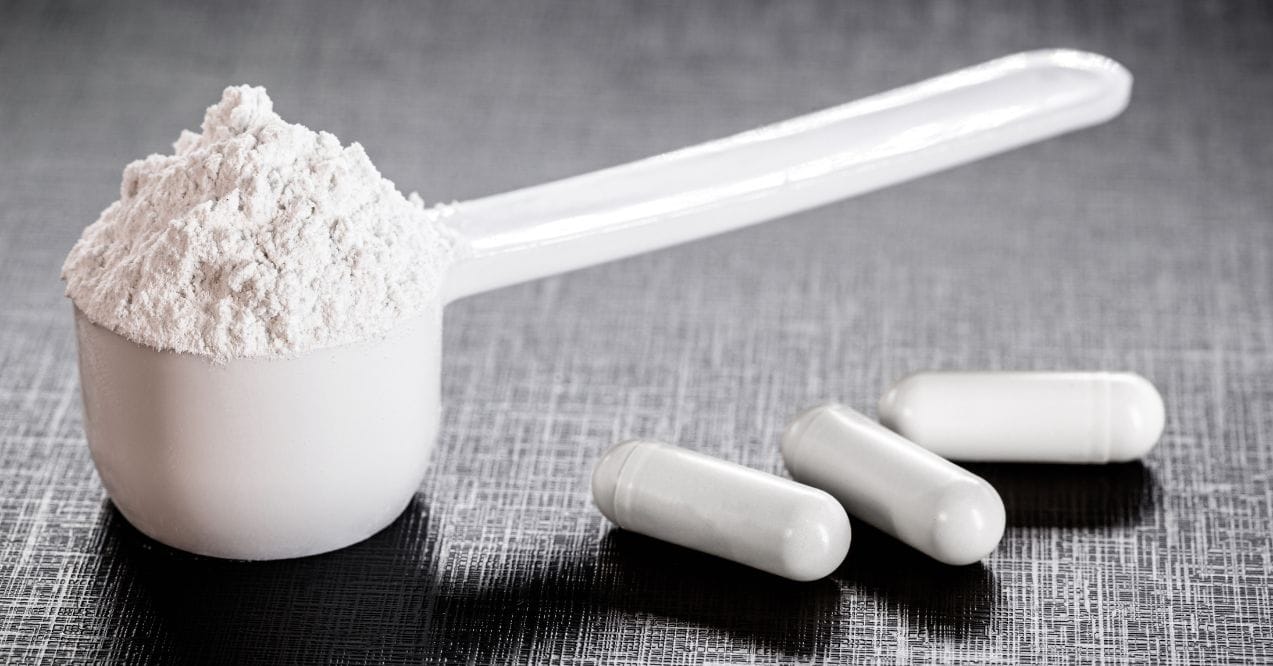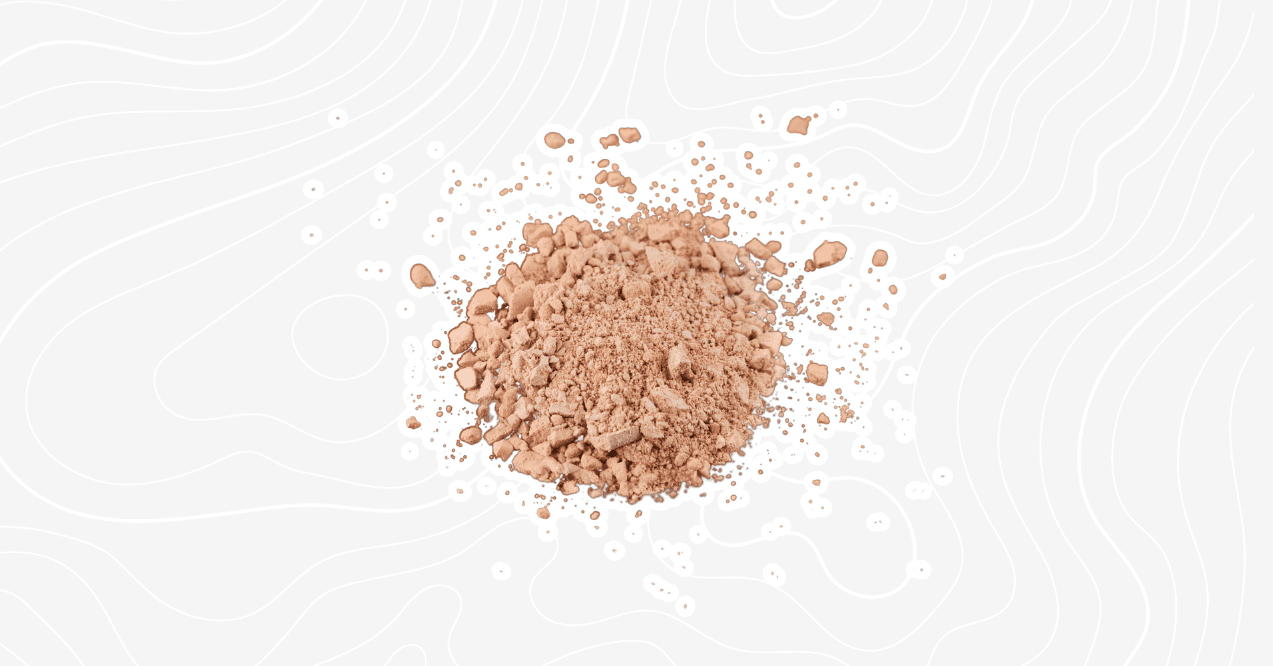Can You Take Creatine Even When You’re Not Working Out?
When thinking of How Often Should You Go to the Gym, many people wonder – Can you take creatine even when you’re not working out? Should I Take Creatine While Trying to Lose Belly Fat? Will this help? This question pops up often among both fitness enthusiasts and people new to supplements. While most people connect creatine supplements with heavy lifting and muscle building, its benefits reach far beyond the gym. Recent research shows this natural compound, which exists in our muscle cells, could be valuable even for those who don’t exercise regularly. Some people worry, does creatine have calories? It’s a valid question as you consider its role in your diet and fitness routine.
Looking to maximize your results? Pairing creatine with the right nutrition can make a difference. Explore our 7-day bone broth diet plan for a nutrient-rich approach to recovery or consider the 30-day carnivore diet meal plan if you’re aiming for a high-protein, low-carb strategy. For more tailored guidance on nutrition, you can use an intermittent fasting calculator to adjust your eating window for optimal results while taking creatine.
Whether you’re on a training break, focusing on other health goals, or just exploring supplement options, understanding creatine’s or creatinine’s wider effects can help you decide if it’s right for you.

Can You Take Creatine Even When You’re Not Working Out? The True Answer
Can you take creatine even when you’re not working out? The answer is yes – research supports its safety and benefits for daily use, regardless of your activity level. Your body naturally produces and uses creatine whether you’re exercising or not, and supplementation can support various bodily functions beyond muscle performance.
Here’s what happens when you take creatine without exercising:
- Your muscles maintain optimal creatine stores, supporting energy production at a cellular level throughout the day. Your body efficiently uses its creatine stores for daily activities and mental tasks.
- The supplement remains stable in your system. Your body manages creatine levels effectively, using what it needs for energy production and naturally eliminating any excess.
- Your body continues to benefit from creatine’s basic functions: supporting cellular energy, maintaining muscle mass during inactive periods, and supporting brain function.
However, keep in mind that the most noticeable benefits come when you combine creatine supplementation with physical activity. While taking creatine without working out is safe and can offer advantages, you might not experience the same dramatic results as someone who exercises regularly.
Consistency remains key – whether you’re hitting the gym or taking a break. Creatine works best with daily use, much like any health-supporting routine. Wondering, does creatine expire? Yes, it does, so always check the date and store your supplement in a cool, dry place to maintain its effectiveness.
Does Creatine Build Muscle Without Lifting?
Let’s be clear – creatine alone won’t build meaningful muscle mass without resistance training. While it’s a powerful supplement, it needs exercise to trigger muscle growth.
If you wonder how creatine actually works, it boosts your muscles’ energy stores by increasing phosphocreatine levels, which helps produce ATP (your cells’ energy source). But just like having a full tank of gas won’t make your car faster, having more energy available won’t make your muscles grow without actual work.
What creatine can do without lifting:
- Keep your existing muscle mass, particularly when you’re not active
- Help your muscle cells stay hydrated and maintain their volume
- Support your daily energy needs for regular activities
What creatine can’t do itself:
- Build new muscle
- Make you stronger
- Replace what you’d get from weight training
The science is straightforward – the best muscle-building results happen when you pair creatine with resistance training. Why? Creatine enhances your natural ability to work hard and recover, but it needs that exercise to trigger real muscle growth.
Think of creatine as a muscle supporter rather than a muscle builder. It’s like having a great assistant – helpful for getting more done, but not able to do the work for you. The real magic happens when you combine regular training with consistent creatine use.
Are There Benefits of Creatine Besides Muscle Gains?

Are there benefits of creatine besides muscle gains? Creatine does more than help build muscle. Let’s explore the science-backed benefits that make this supplement valuable even on rest days.
Anti-Inflammatory
Your body’s inflammatory response plays a crucial role in recovery and overall health. Creatine helps maintain this balance by supporting cellular energy production and maintaining healthy cell function. Research found that creatine supplementation helped reduce markers of inflammation in active individuals, particularly after intense exercise.
When cells maintain optimal energy levels, they are better equipped to handle daily stressors. This cellular resilience allows your body to sustain its natural balance, making creatine especially valuable during recovery periods or high physical activity.
Think of creatine as a cellular support system, helping your body maintain its natural inflammatory balance. It’s not only beneficial for recovery after exercise but also for supporting overall well-being and healthy cellular function throughout your body.
Reduced Fatigue
Beyond its physical benefits, creatine helps combat mental and physical fatigue in several ways. By boosting your cells’ energy reserves, it supports sustained energy levels throughout the day. This improved energy availability keeps you sharper during demanding tasks and helps with recovery.
Here’s how creatine fights fatigue:
- It increases your cellular energy stores, giving you more stamina for daily activities
- Your brain gets a steady supply of energy, helping you stay focused during long work sessions
- Physical tasks feel less draining as your muscles have better energy availability
- Mental clarity typically improves, especially during challenging cognitive tasks
While some people might experience a temporary creatine headache when first starting, this usually disappears as your body adjusts. Most users report feeling more energetic and mentally alert within a few weeks of consistent use. The key is starting with the recommended dosage and staying well hydrated.
If you’re wondering how can I dissolve creatine for better absorption, mixing it with warm water or juice can help improve solubility and prevent clumping, ensuring your body efficiently processes the supplement.
Improved Bone Density
Here’s something surprising – creatine helps maintain strong bones. Research shows it supports bone-forming cells by giving them the energy they need to work efficiently. This cellular energy boost plays a key role in maintaining healthy bone structure and density.
When combined with regular movement, creatine helps maintain healthy bone density through several mechanisms. It supports the cells responsible for building and maintaining bone tissue, helping them work more effectively.
The benefits become more significant over time with consistent use. This makes creatine particularly valuable for long-term bone health, especially as we age and maintaining bone density becomes more challenging. While it’s not a replacement for calcium or vitamin D, creatine adds another layer of support to your bone health routine.
Improved Cognition Function
Research suggests creatine may also enhance cognitive function, especially in areas like memory, processing speed, and focus. It supports energy production in cells, including brain cells, which need a steady energy supply to work efficiently. This boost in energy can help improve mental clarity and sustain focus during challenging tasks.
Creatine may also reduce mental fatigue, which often affects decision-making and problem-solving skills. Some people have reported side effects like a creatine headache, usually caused by not drinking enough water. Therefore, staying properly hydrated can help you avoid this and fully enjoy the cognitive benefits of creatine.
Looking to maximize your creatine benefits, whether you’re working out or not? Meet Trumeta Creatine – pure, powerful, and versatile. Made with 100% Creapure®, it supports energy production, mental clarity, muscle maintenance, and overall cellular health.
What sets Trumeta apart is its ultra-pure formula – no fillers, no unnecessary additives. Just clean, quality creatine that your body can use efficiently. Whether you’re powering through a workout, focusing on a big project, or simply maintaining your daily energy levels, Trumeta Creatine works alongside your body’s natural processes.
Experience the difference pure creatine can make in your daily routine. With consistent use, Trumeta Creatine helps maintain optimal creatine levels in your body, supporting your energy needs from head to toe, workout day or rest day.

Conclusion
Can you take creatine even when you’re not working out? The research clearly says yes. While this supplement shines brightest when combined with exercise, its benefits extend far beyond the gym. From supporting brain function and energy levels to maintaining bone health, creatine proves valuable for daily life.
The key to success with creatine lies in consistency and proper usage. Whether you’re taking a break from training, focusing on mental tasks, or simply looking to support your body’s natural processes, creatine can play a beneficial role in your daily routine. Remember, quality matters – choose a pure form of creatine and maintain regular intake for optimal results.
No, creatine isn’t bad without exercise. Research shows it’s safe and beneficial even during inactive periods, supporting brain function, energy levels, and cellular health. Your body naturally uses creatine regardless of physical activity.
Missing a week of creatine won’t cause significant changes. Your body’s creatine stores gradually decrease to baseline levels over several weeks. You might notice slightly lower energy levels, but any changes are typically minimal.
People with kidney problems should consult a health professional before taking creatine. Those with allergies to creatine-containing supplements or severe sensitivities should also be cautious. Always check with a healthcare provider if unsure.
Advertisement. This site offers health, wellness, fitness and nutritional information and is designed for educational purposes only. You should not rely on this information as a substitute for, nor does it replace, professional medical advice, diagnosis, or treatment. If you have any concerns or questions about your health, you should always consult with a physician or other health-care professional. Do not disregard, avoid or delay obtaining medical or health related advice from your health-care professional because of something you may have read on this site. The use of any information provided on this site is solely at your own risk.







